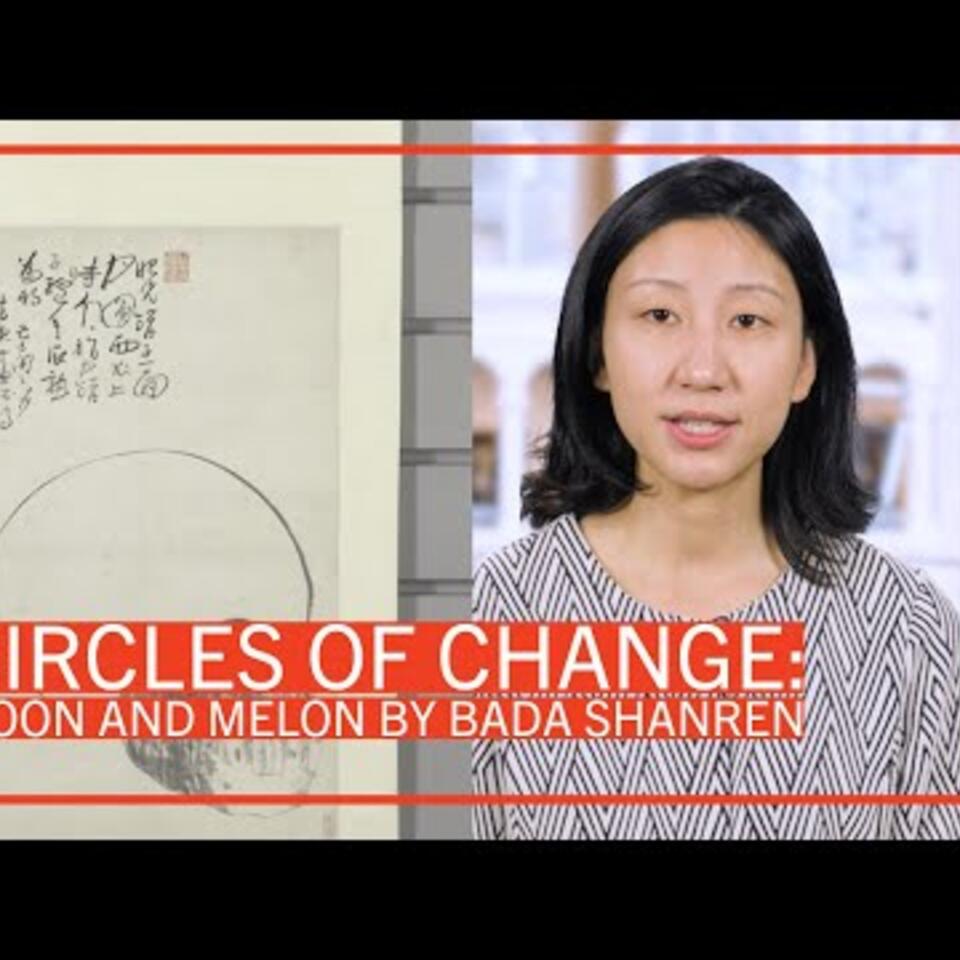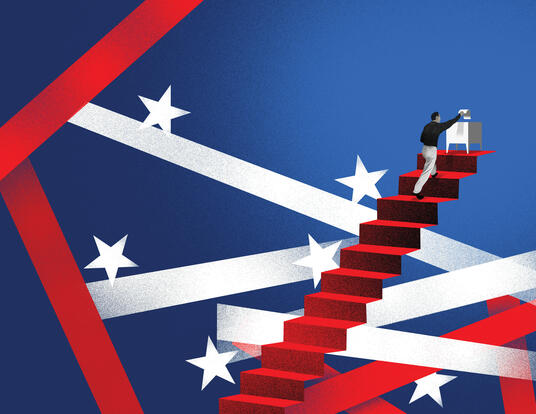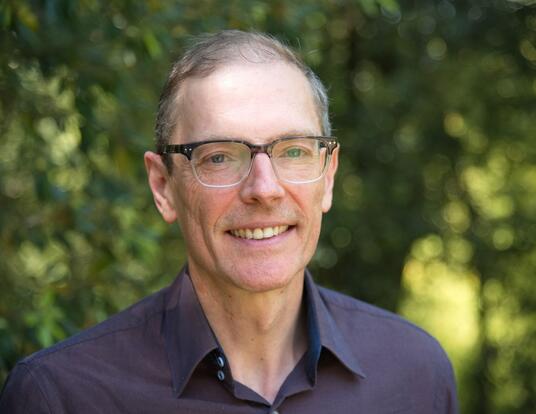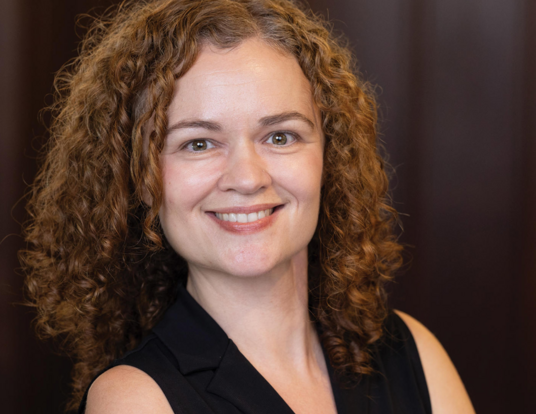Reflecting the Past, Reflecting the Present
How History is Shaped by Imagination and Perspective
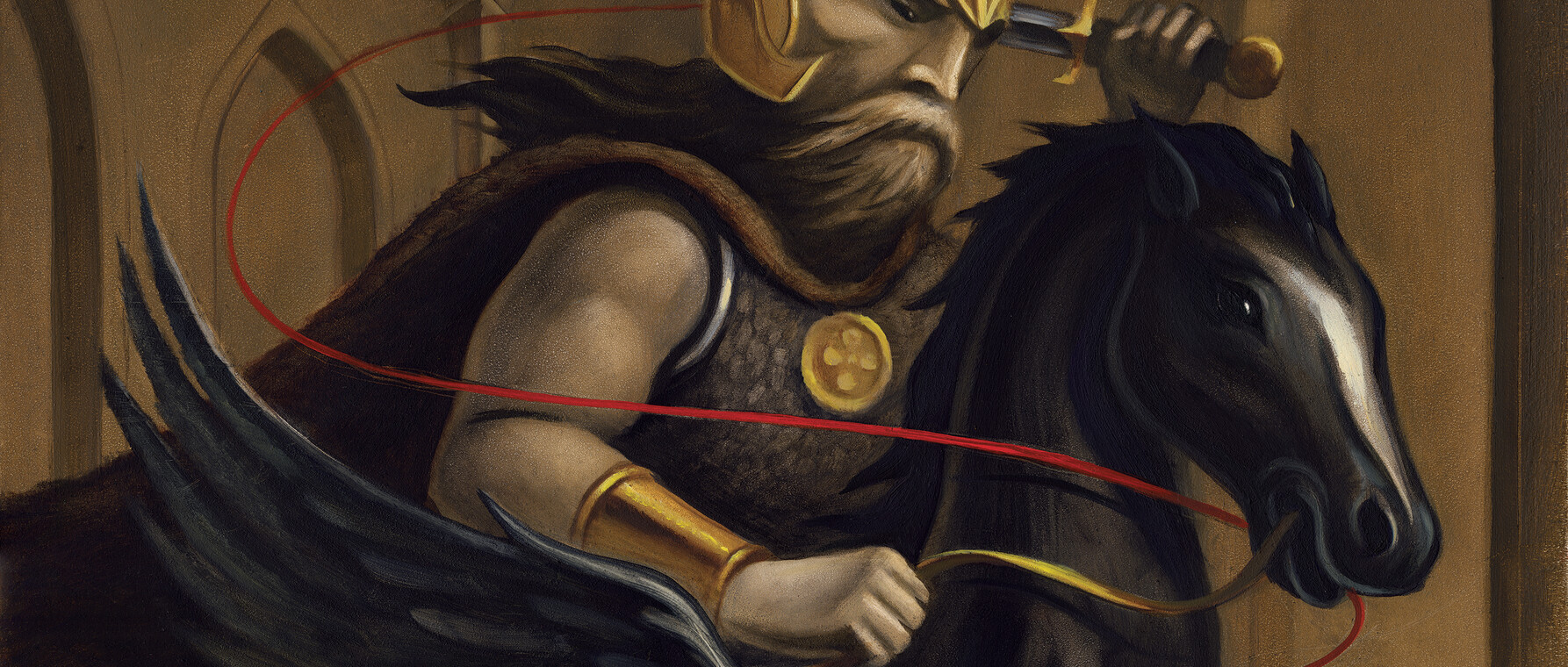
For non-historians, history can seem like an accounting of time. On this date, that happened, as though the true story of those who lived long ago can be gleaned from recorded events. But speak to those who study the past and the truth of history becomes murkier, depends as much on mythology and the opinions of those who wrote stories down as it does on the what may have actually happened.
“When you’re studying ancient history, you mostly learn there’s no true story,” says Eliza Gettel, a PhD student in the Classics. “It’s as though there is a big basket of antiquities and chroniclers and historians pick out the things they like and leave the things they don’t.” Gettel studies Roman imperial history and archaeology, particularly of the eastern Mediterranean, as well as the use of antiquity in 20th century Greek politics. For her, learning exactly what happened is less important than understanding what people of a particular era thought about it.
“It’s more interesting to consider why they thought something happened and how that knowledge influenced the story we’re telling about them,” she says. Ultimately it all boils down to making an argument, with the true story becoming the argument that wins over time, whether that be the argument ancient groups made about themselves or the scholarly narratives that stand the test of decades.
Gettel’s advisor, Emma Dench, McLean Professor of Ancient and Modern History and of the Classics, agrees that historical study is more about argument and less about what could have happened. Rather than reconstructing a singular truth, historians are tuning into the noise of competing narratives, like trying to listen to a faraway station on a radio. “You can pick up the odd moment of clarity, a fraction of a conversation,” she shares. “It’s always an argument, I think, one that involves a choice to exclude other versions.”
It’s important for us to go back and learn from the past, and ask, have we really changed that much? And the answer is no, we haven’t. - Kathryn O'Neill, PhD student in Celtic languages and literatures
Telling a Truth
Some truth can be found in sources that survived to the modern era, even though they, too, include interpretations that have then been re-interpreted. Kathryn O’Neill, a PhD student in Celtic languages and literatures, studies Irish annals, the yearly records of activities at particular monasteries throughout Ireland. While annals in other parts of Europe often recorded material related to the recording monastery and its environs, the Irish annals provide a brief record of events happening throughout the entirety of Ireland, for example, reporting that a war was underway, or where an outbreak of plague occurred, or that a comet had appeared in the evening sky. Unlike their continental counterparts, the Irish monks also decided that it was important to preserve stories of the past, many of them pre-Christian.
“Priests felt it was important to record their pagan past,” says O’Neill. “They documented stories that had been told for generations, which preserved a great history of orality.” Up until the 18th century, the monks were recording and rerecording material from as far back as the 500s and putting their own spin on the content. O’Neill has traced changes in the tales based on the interests of the scribes at the time. Some tales clearly arise from myths or legends, while others could be seen as based in fact, a written history. By investigating the information she finds in the annals and comparing it with the written stories, she hopes to piece together something of the history of the time. “It’s important for us to have this relationship with our past,” she says.
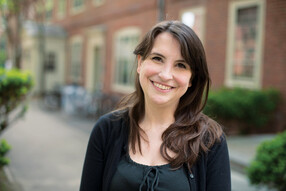
Developing this relationship means, in a sense, that all history is revisionist and subject to interpretation—while at the same time claiming to be a true record of events. “Much of the literary activity occurring in Ireland can be seen as an attempt to formulate the past because so much of it claims to be an account of the past,” says Joseph Nagy, Henry L. Shattuck Professor of Irish Studies and O’Neill’s advisor. “And yet, as I think any modern historian will acknowledge, anything that claims to be from the past is also reflecting the present as much as it’s reflecting that past. And it’s also reflecting the imagination.” History becomes a pastiche of influences and sources that resonate with a culture at a particular moment in time. And Nagy is more fascinated with the story itself than the truth of its origins.
“Because the story is telling a truth, which may be an ideological truth,” says Nagy, “or it may be a truth that is based more on the contemporary circumstances of the storyteller and the storyteller’s audience than upon the past that is supposedly being relayed. In some ways, I’m more interested in that ideological and aesthetic truth than in the historical truth.”
Appropriating History
In the essay “On History,” written in the early 1900s, the philosopher Bertrand Russell wrote, “In the 18th century perpetually, and in our own day occasionally, arguments as to the value of liberty or democracy are drawn from Greece and Rome; their greatness or their decay, according to the bias of the author, is attributed to these causes.”
Regardless of the truth of their origins, countries and political organizations will often hijack histories as a powerful way of bolstering their legitimacy. In many cases, like in Russell’s example, they build on an identity centuries old, as though they are tapping into a pure source of authenticity.
“We tend to think of the invention of tradition as a modern phenomenon, but it’s always been happening,” says Dench. “One of the greatest examples of history being hijacked was Rome being linked with the myth of Trojan descent. It’s hard to know the exact circumstances of when that happened. But by the period when we can really see Rome, they’re the epitome of Trojan descent.”
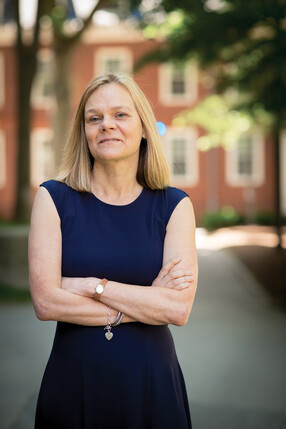
Developing an identity based on the past can bring people together, a simple truth with the power to capture a national imagination. But it can also do harm in galvanizing a populace to a particular end.
“Once you freeze an origin myth, you’re potentially causing harm because you’re saying, there is no alternative reality,” says Dench. “You are creating a fixed reality, when there wasn’t any before.”
Gettel agrees. “When we look to history as historians, we’re trying to understand something about us, whereas when a government appropriates history, they’re trying to mobilize people to a certain end,” she explains. “When it’s used as a tool, it can become much more dangerous.”
And contradictory. In certain cases, competing groups utilize the same story to bolster their legitimacy. In Ireland, for example, the pre-Christian story of Cú Chulainn, a mythological Ulster warrior who fought off an army from Connacht single-handedly, is claimed by both the Unionists and the Republicans as a way of calling on the greater heroes of their past. “Padraic Pearse, the famous 1916 Rebellion leader, was hugely into Cú Chulainn and he trained the young men who were with him to think of themselves as fighting for Ireland in the way that Cú Chulainn does,” says O’Neill. “They’re calling on their past to be able to bring people together, especially in the 19th and 20th century, to say, we have a distinctive Irish culture, we are distinct from England, and these stories are a manifestation of who we are as a people.”
Why Study the Past
Despite multiple and sometimes conflicting narratives, scholars who study the past provide a window into how our forebears thought and behaved centuries and millennia ago. Often, they discover that we grapple with the same issues, hold the same viewpoints, make the same jokes. They also discover their importance: without the Irish, for example, our modern world would be very different.
“I believe that the Irish changed European civilization significantly in the medieval period,” says O’Neill. “European scholars and monks were coming to Ireland to learn or were taught by monks who had left Ireland to go on pilgrimage.” Because the Irish learned to speak Latin as a second language, they introduced innovations in writing—such as spaces between words and punctuation—that we take for granted. “These people helped create the systems that we experience today. It’s important for us to go back and learn from the past, and ask, have we really changed that much? And the answer is no, we haven’t.”
Nagy supports the view that the Celtic tradition, particularly in Ireland, is an important strand of Western civilization. “Ireland was plugged into the Western Christian world during a period of reformulation that builds to what we now consider early medieval culture. There are Irish monks throughout Western Europe, and they influenced what was happening in the court of Charlemagne, and in the courts of his predecessors and successors,” Nagy explains. These Irish, very peripatetic monks, men of letters, were instrumental in finding what they could of classical literature and preserving it.”
Once you freeze an origin myth, you’re saying, there is no alternative reality. - Emma Dench
From Dench’s perspective, studying the past is an important counterpoint to Gettel’s “basket of antiquities,” where the positive aspects of history can be tied to a particular culture while the negatives fade away. “I dislike it when myth and history are used as a palliative or comforting thing,” she says. “It can often be misappropriated as a kind of DNA, something unalterable.”
Despite the desire to balance the positive and the negative, without a time machine, we will never really know what really happened. “We have to accept that we’ll never have the full story,” says Gettel. “There’s something powerful about that.”
In the end, history becomes less about the impossible task of determining what happened at a particular time and more about understanding the multiple dimensions that have influenced people, and how—and why—they continue to have relevance for us today.
“It’s culture and representations, and it’s the land and our ancestors and all of these things brought together,” O’Neill says. “That’s where we get our understanding of who we are as a people. That’s really what history is trying to do.”
Illustration by Christopher Buzelli, Photos by Tony Rinaldo and Kathleen Dooher
Get the Latest Updates
Join Our Newsletter
Subscribe to Colloquy Podcast
Simplecast


